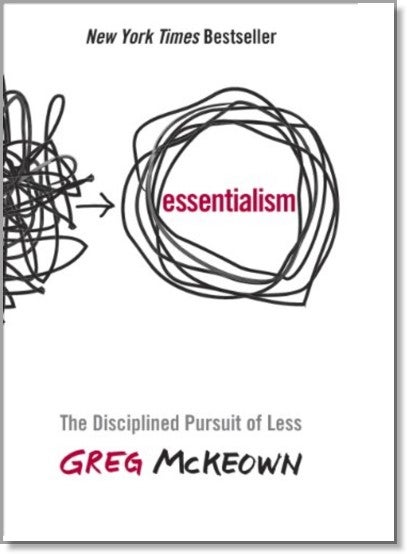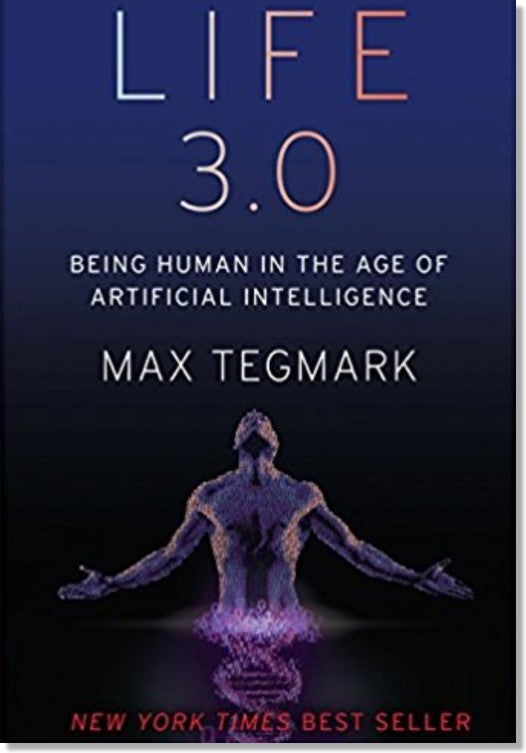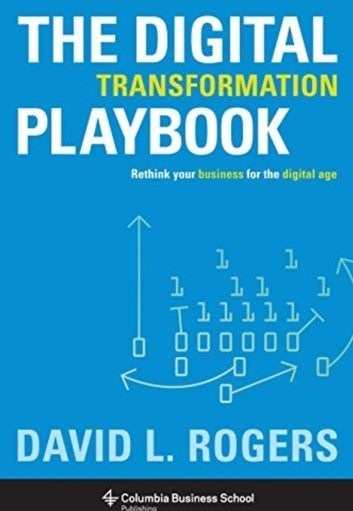
In a world of instant gratification and get quick rich schemes, the activities that are worth doing are often forgotten or ignored.
They are simple things like habits that produce change and results. The reality is that you may not notice because transformation creeps up on you. You practice or perform your routine one day at a time. It is often incremental and slow.
But success in life comes from playing the long game even when you have limited time. Reading books and taking the time to discover, learn and create sit in that frame.
What you read and ponder today will change you tomorrow.
Here are three books I have read recently that may change how you see your world.
1. Essentialism – The Disciplined Pursuit of Less
The poet Mary Oliver wrote “Tell me what is it you plan to do with your one wild and precious life?”
This quote from Essentialism maybe sums up the core messages that the author Greg McKeon is conveying to the reader.
He then forces us to look at the 3 realities of individual choice, the prevalence of noise and the reality of tradeoffs.
To help achieve living a successful life of passionate purpose that is yours and yours alone he outlines 3 essential steps.
- Explore – Discerning the trivial many from the vital few
- Eliminate – Cutting out the trivial many from the vital few
- Execute – Removing obstacles and making execution effortless
The author wrote this book by blocking 8 hours a day without phones, email or other distractions to interrupt his priority of doing something important. This is something that is also explored in the book “Deep Work.”
For me there is a genius and magic to routine. It eliminates distraction and creates focus. Focusing on these essentials can result in more clarity, control and joy.
2. Life 3.0: Being Human in the Age of Artificial Intelligence
The title of the book Life 3.0 is what the author, Max Tegmark sees as the 3rd stage of human evolution. The first being the biological, the second is cultural and the third, technological.
With the rise of maybe the most important development from the technology revolution “Artificial Intelligence” there are some implications for what it means to be human.
It also threatens to take away what gives us meaning.
This includes our jobs, careers and even the essence for many people that is seen as uniquely human. Creativity.
The authors take on what it means to be human involves setting goals and using creativity and intuition to tackle unsolved problems. Deep reinforcement learning using artificial intelligence technologies such as DeepMind are pushing into these areas.
DeepMind AI is now at a point where it learned to play 45 different games without being told anything about the game. On intuition, creativity and strategy it has evolved to the point where it applied creative strategy to beat Lee Sodol (the top player in the world) at AlphaGo.
In the book he also raises the idea that whatever the answers are to the question of what makes us truly human will need to slowly change.
He also sees the challenge with “AI” as managing and using it to grow prosperity without leaving people without income or purpose.
The analogy that he uses?
Thousands of years ago the Athenian citizens of antiquity lived lives of leisure and meaning where they could enjoy democracy, art and games. This was due mainly to the fact that they had slaves to do the work.
So Max postulates “Why not replace the slaves with AI powered robots, creating a digital utopia that everyone can enjoy?”
But there are some challenges for democracies and also culturally in how we approach and solve this. It is about making sure that we don’t end up with the haves and have nots. And at the moment we are seeing the rise of inequality throughout the world.
For the bottom 90% of US households the average net worth in 2012 is the same as 25 years ago (at $85,000). While the top 1% have more than doubled it to $14 million.
The 3 reasons for this from the learned economists?
- Replacing old jobs with ones that require more skills has rewarded the more educated.
- They claim that since the year 2000, an ever larger share of corporate income has gone to those who own the companies as opposed to those that work there.
- The digital economy rewards the superstars over everyone else.
How do we fix this rising inequality? This is a conversation we need to have.
3. The Digital Transformation Playbook: Rethink your Business for the Digital Age
In this book David Rogers’s looks at the critical categories for every business: customers, competition, data, innovation, and the value proposition in the digital world.
Here are my key takeaways.
Adapt your value proposition – How can you adapt and how you can best deliver value as technologies reshape opportunities and needs. This may mean finding new digital uses and customers for its current products. Eg. Encyclopaedia Brittanica re-envisioned itself as an educational resource. The New York Times has re-imagined what it means to be a news source.
Harness customer networks – The intangible value of customer networks goes beyond the transactional value and the participation, data and collective knowledge are now a business asset and competitive advantage. These are the key drivers of the stock price for companies like Facebook and LinkedIn. Yahoo paid $1 billion for Tumblr because of its customer network and not its revenue.
Revise and evolve your access strategy – Be faster, easier, everywhere and always on for your customers.
The real insight in the book that you need to grasp and consider for your business?
Build platforms, not just products – AirBNB is a platform that owns no hotels or physical assets for its customers. The same applies to Uber. Here are some insights on platforms.
- Customers interact with each other and you via the platform
- Competition – Platforms allow you to make it easier to collaborate and allow co-opetition with other companies. Amazon built its network with API’s to suppliers and even with competitors to allow this to happen easily and at scale.
- Data – The power of platforms power is in the data it collects. Facebook doesn’t own any content. But the data it collects on its platform is its source of revenue.
- Innovation – Platforms can help you scale innovation and at low cost. You can also experiment with minimal investment.
- Value – One of the great things about platforms is that it allows you to add value from the crowd for free.
Final thoughts
Making sense of this changing world means that you always need to keep learning. That’s why I love books.














